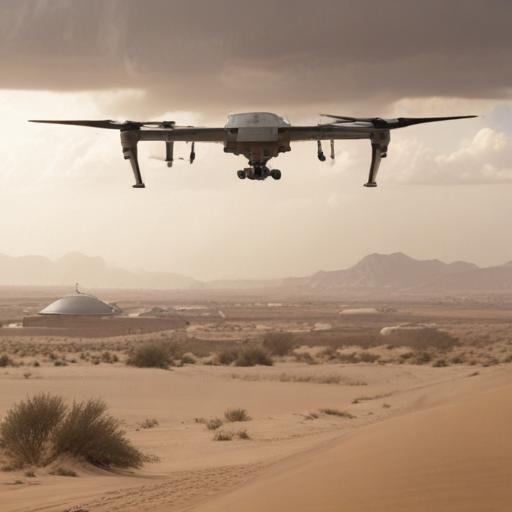Iran’s Foreign Minister Abbas Araghchi vehemently condemned the recent U.S. military strikes targeted at Iranian nuclear facilities, which were authorized by President Donald Trump. Speaking at the 51st session of the Council of Foreign Ministers of the Organization of Islamic Cooperation in Istanbul, Araghchi warned that these actions would have “everlasting,” “dangerous,” and “far-reaching” consequences, describing them as an “egregious act of aggression.” He attributed full responsibility to the U.S. administration and highlighted the partnership with Israel as an indication of perceived hostility towards Iran.
In his remarks, Araghchi called for an emergency meeting of the U.N. Security Council, emphasizing that such aggression violates U.N. Security Council Resolution 2231. He expressed concern that silence from the global community would lead to a heightened state of danger and chaos in international relations, stressing the need for a reaction to uphold both international law and Iran’s rights to self-defense.
President Masoud Pezeshkian also criticized the U.S. actions, labeling them as instigation of hostilities against Iran. He urged unity among the Iranian public in the wake of escalated tensions and military threats from both the U.S. and Israel. The U.S. strikes have sharply shifted the dynamics of the Israel-Iran conflict, moving from a supportive role to direct military involvement in halting Iran’s nuclear ambitions.
In a bold announcement, President Trump declared the strikes “very successful,” praising the capabilities of the U.S. military and insinuating that future military actions would be swift and precise should Iran respond aggressively. While U.S. defense officials indicated optimism over the effectiveness of the operations targeting the Fordow facility, they cautioned that it is premature to conclusively assess the full extent of damages to Iran’s nuclear capabilities.
The situation continues to develop, with both nations engaged in a cycle of military escalation and trade of missile strikes. As the world monitors these unfolding events, the focus remains on the potential for further diplomatic dialogue, even as Iran’s leaders assert that the recent U.S. actions have constrained any remaining chances for peaceful negotiations. The call for international support and a reevaluation of strategies in regional security is more pertinent than ever in these uncertain times.
